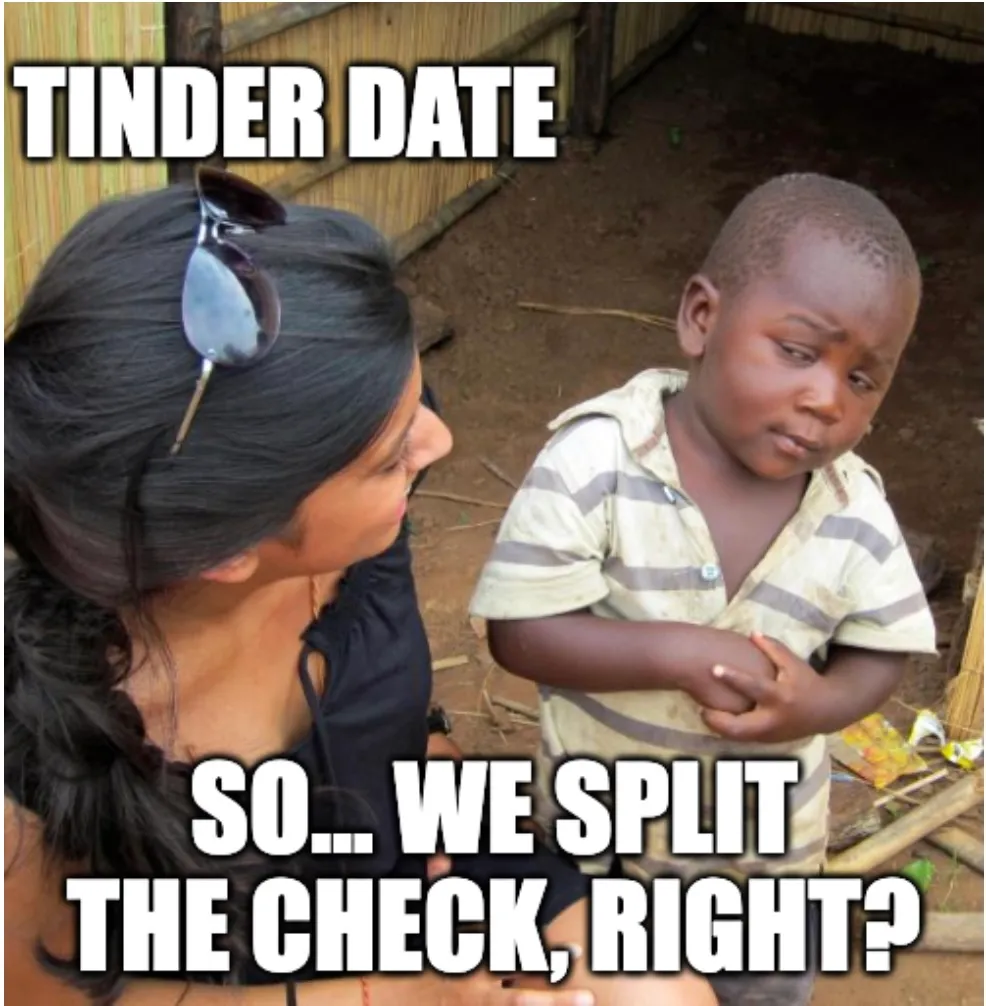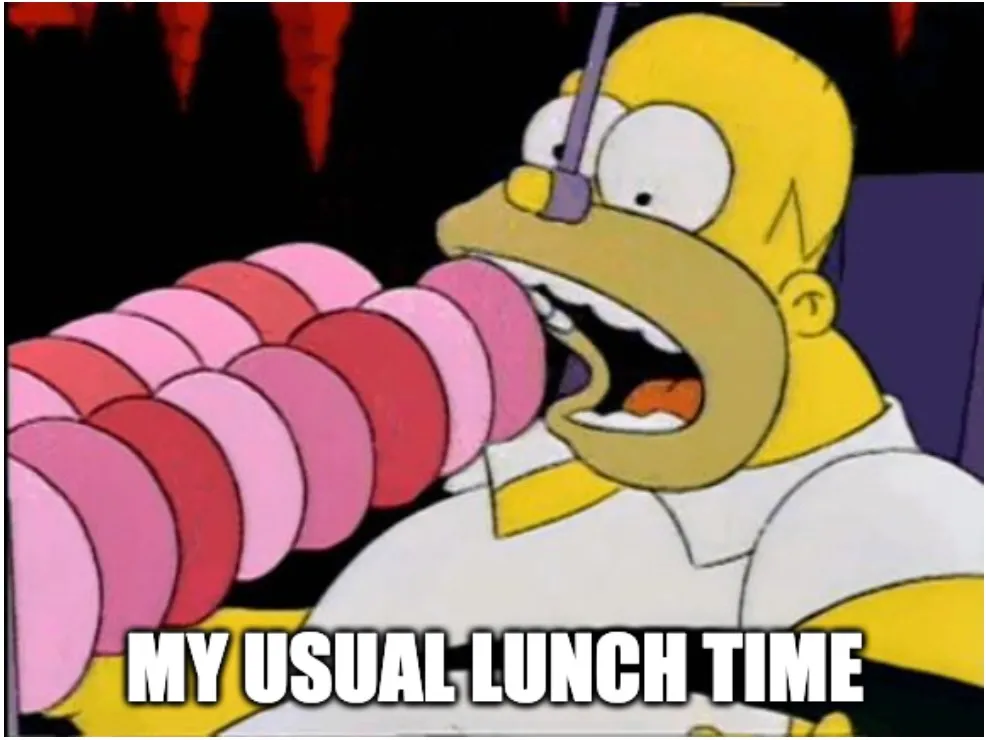That one-star review hurts more than you think
by Iván Peña, Co-Founder | Software Engineer
Updated on January 9, 2026 · 3 min read
I hope one day I’ll be as good at being an entrepreneur as I am at saving money. For some reason, saving has always come naturally to me — it’s just how I’ve been wired for as long as I can remember.
Back when I was living in what you’d call a “big city” by European standards — Madrid — I was earning a pretty lousy salary: €1,000 a month. My rent alone was €650 (this was 2012, so yeah, nothing more to say). And yet, somehow, I still managed to save a little money at the end of each month. How?

Well, I’m a huge fan of splitting costs, especially when it comes to recurring expenses like product subscriptions — even the ones that technically aren’t meant to be shared.

The point is: I get it. Paying for products and services can be tough, especially when you’re trying to stick to a tight monthly budget. I even have a budget template — feel free to use it and tweak it for yourself.
But here’s one thing I never do: I don’t leave bad reviews just because something costs money.
If the price feels too high, I look for an alternative. And if there’s none? Then I either pay for it or go without. That’s life.
When I released my latest app to the app stores, I was blown away by the response. The reviews were incredible — it was heartwarming to see how something so simple could actually make a difference in people’s lives. That is, until I added a paywall for new users. Because, you know… a guy’s gotta eat.

Before the paywall, the average rating was 4.9 out of 5. A month later, it dropped to 4.5. Still a great score, but the only reason for the drop? Some people were upset they had to pay.
If you’ve made it this far, I’d like to invite you to think twice before leaving a negative review — whether it’s for a product developer, an Uber driver, a restaurant owner, or anyone else trying to build something. Here’s why:
-
Positive reviews are fuel: They help small creators grow and sustain their businesses. Without them, many are forced to give up entirely.
-
No reviews can be just as bad: Most people don’t realize that silence is often as damaging as criticism. Platforms use reviews to promote products. No feedback = no visibility.
-
Constructive feedback is gold: If something doesn’t meet your expectations, reach out and share your thoughts. That kind of input helps creators improve — and keeps them motivated.
-
One bad review can significantly impact the average: Most platforms calculate ratings using a simple average, so every single review — whether good or bad — directly affects the overall score.
Here’s a quick example to show how dramatic the impact can be:
-
10 reviews, all 5 stars → Average rating: 5.0
-
9 reviews of 5 stars + 1 review of 1 star → Average rating: 4.6
Just one negative review can noticeably drag down the overall rating, even if the vast majority of users were happy.
-
-
If you expect a paycheck from your employer every month, why shouldn’t I earn from my work, too?
Starting something from scratch is hard. Most days, all you have to hold onto is hope that maybe, eventually, things will work out.
So, now that you know this, the next time you’re asked to leave a review, take a moment to think — was it really that bad?